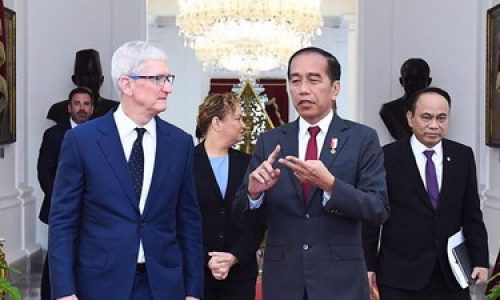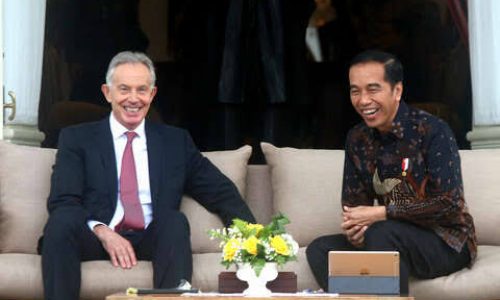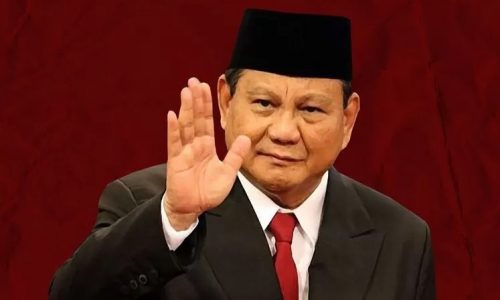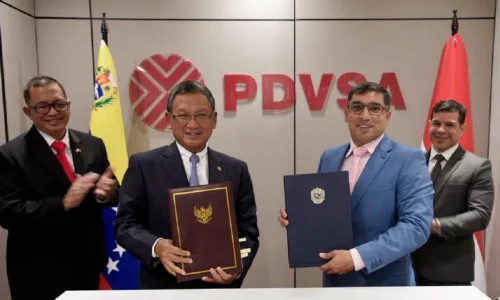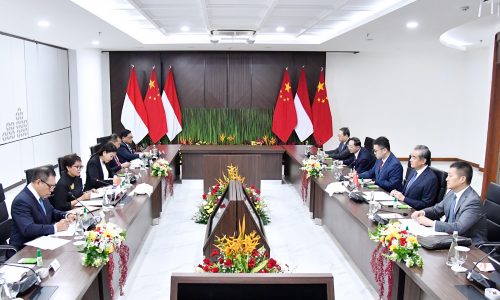Sweden and Indonesia have committed to establish an agreement for Sustainable Development Goals and established the Agenda 2030 through the Sweden-Indonesia Sustainability Partnership 2022 (SISP). Both countries’ representatives signed the partnership in Jakarta on December 5, 2022.
SISP is a partnership between Sweden and Indonesia to drive bilateral collaboration and business partnerships toward Sustainable Development Goals (SDGs). The establishment of SISP is because both countries have similar challenges such as environmental pollution, inadequate waste management systems and a high dependency on fossil fuels.
Through the partnership, both Sweden and Indonesia try to meet the SDGs target by fostering collaboration and cooperative agreements to build a more sustainable world. The event is also a platform for multi-stakeholder dialogue between established entities in Sweden and Indonesia to achieve the 2030 Agenda for SDGs. The discussion also provides the following:
- High-level access;
- Political support; and
- Promotion.
Renewable exhibition
The SISP 2022 presents key discussions, presentations, and round-table discussions on policy, industry, energy, mobility, and healthcare on sustainable development.
During the partnership, there was a high-level access to leaders from governments, academia and private sectors from both countries. The opportunities were demonstrated through the gathering of interests from industry stakeholders in initiating partnerships and business discussions.
Their partnership also gives political support in Government-to-Government (G2G) buy-in and support to company objectives and SISP programs.
The event also exhibits various products and brands from companies by presenting the companies’ profiles, achievements, and future plans in renewables.
Agenda 2030
The partnership also demonstrates the commitment of both Sweden and Indonesia to renewables by creating an agenda.
“Sweden and Indonesia have committed to reducing carbon emissions which we cannot delay. Through cooperation, we can accelerate the green transition to achieve our ambitions,” Swedish Ambassador to Indonesia, Marina Berg, said in her remarks.
This bilateral cooperation was reinforced with a visit by the Swedish delegation to Nusa Tenggara in August and a visit to Surabaya in October 2022, focusing on sustainability, especially on renewables and transportation.
Kamapradipta Isnomo, Indonesian Ambassador to Sweden, said that Indonesia was trying to develop cooperation with Sweden such as challenges in developing and expanding the utilization of new renewable energy. He also expressed hope that Sweden could help Indonesia’s goals and ambitions through technology exchange.
“Our clients and almost all Swedish private companies are stepping up to meet the high demand for sustainability and climate neutrality. Swedish companies are coming up with innovations that were previously unthinkable such as battery-powered passenger planes, fossil-free steel, systems autonomous transport, and electricity,” said Jan Larsson, the CEO of Business Sweden.
Larsson then expresses that through SISP, the Swedish government could engage together to find compatibility in business, not just ideas, but also innovation.
By 2022, Sweden and Indonesia had already probed through 10 sectors, which is in digital airport tower technology, electricity network research, electrification of the bus system in Jakarta, 4.0 industrial alliance, innovation & technology, the new Indonesian capital, blue economy mapping, waste processing-to-renewable, and the Swedish-Indonesian Health Service Forum.
Risks in renewable energy
However, according to the Organisation for Economic Co-operation and Development (OECD), the Indonesian renewable energy market lacks a commercial business model, long lead times, and high capital expense for development. Meanwhile, the limited project finance capacity gives commercial banks a reason to stay away.
Its potential pitfalls are being mitigated by relevant stakeholders in risk management, but its attempts are being undermined because the de-risk management mechanism has not been given full attention.
On the other hand, despite the push for renewable energy policies, its potential sector is underutilized, behind conventional energies in production, and is considered lagging behind.
The OECD also says this is due to the relatively higher cost of renewable power that includes, financing costs in equity and debt, operating cost, and investment cost/depreciation. The cost is contributed by, the lack of infrastructure in establishing the plant sites, the high cost of procuring technology, the financial risk instruments being relatively less available and less developed, and transaction costs.
Meanwhile, the relative capital required for renewable is low, yet the risk is generally higher as a failure of development could lead to capital being lost immediately. If not addressed it could lead to construction risk costs. Also, operational issues could affect a lot of things immediately.



